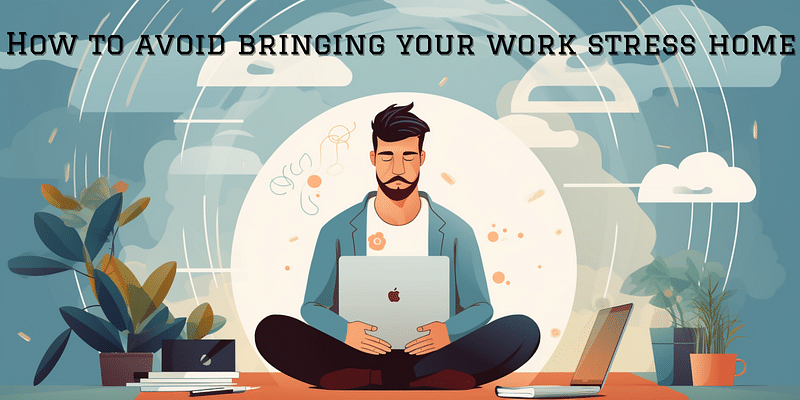
In today’s fast-paced work environment, it’s increasingly challenging to separate professional pressures from personal life. The lines between office and home are often blurred, leading to heightened stress levels that can affect our well-being and family life. This article delves into five effective strategies to help you leave your work stress at the office and enjoy a tranquil home life.
1. Establish Clear Boundaries
The key to not carrying work stress home is to establish firm boundaries. This means setting specific work hours and sticking to them. Once you step out of your office or log off your work computer, make a conscious decision to leave work-related thoughts behind. Creating a physical or mental ritual to signify the end of your workday, like changing out of your work attire or a short meditation session, can help signal your brain that it’s time to switch off from work mode.
2. Cultivate a Post-Work Unwind Routine
Develop a routine that helps you unwind after work. This might include activities like exercise, reading, or pursuing a hobby. Physical activities, especially, are excellent for managing stress as they release endorphins, the body’s natural mood lifters. Additionally, engaging in activities you enjoy can redirect your focus away from work-related issues.
3. Prioritise Workload and Delegate
Often, work stress stems from feeling overwhelmed with responsibilities. Learning to prioritise tasks and delegate when necessary can significantly reduce this burden. Utilise tools and techniques for effective time management, such as the Eisenhower Box or the Pomodoro Technique, to organise your tasks and make your workload more manageable.
4. Communicate with Your Employer
If work stress is consistently seeping into your home life, it might be time to have an honest discussion with your employer. Many companies now recognise the importance of mental health and offer solutions like flexible work hours, mental health days, or employee assistance programs.
5. Practice Mindfulness and Relaxation Techniques
Mindfulness and relaxation techniques such as deep breathing exercises, yoga, or meditation can be powerful tools in managing stress and anxiety. These practices help in staying present and preventing work worries from invading your personal time.
Balancing professional responsibilities with personal life is an ongoing challenge. However, by implementing these strategies, you can ensure that work stress doesn’t follow you home, leading to a more harmonious and peaceful life. Remember, taking care of your mental health is not just beneficial for you, but also for your productivity and job satisfaction.









